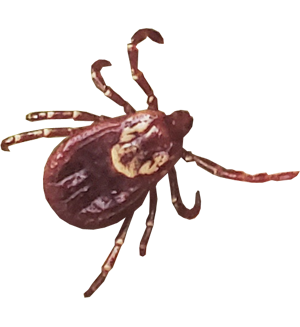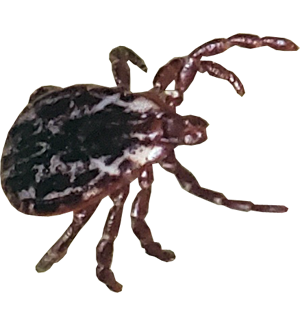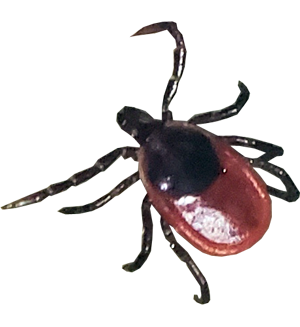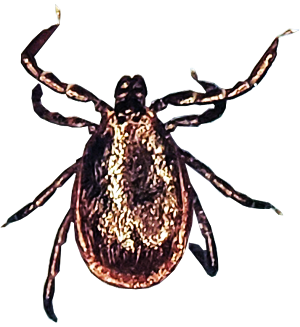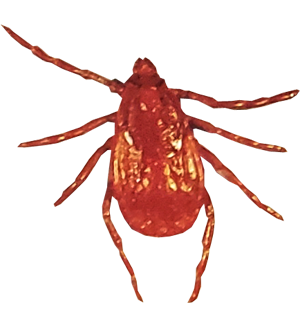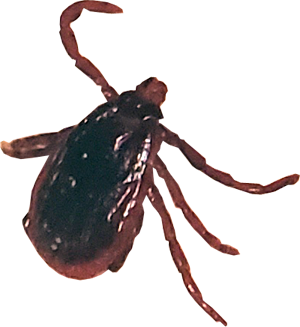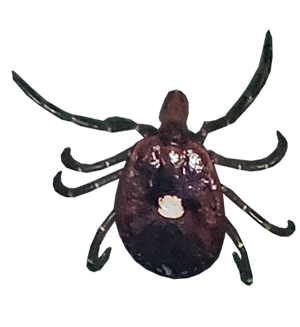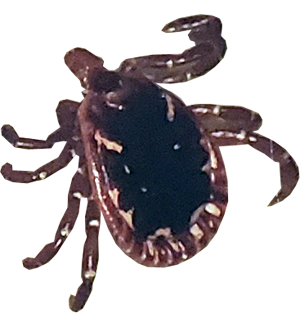Ticks of Tennessee
The environment of Tennessee makes it ideal for tick insects to thrive.
Ticks are an ever-present danger throughout the year in the state of Tennessee. The state is home to several notable species of this eight-legged group which can attach themselves to various hosts ranging from livestock, household pets, and humans. Always check your outdoor pets before allowing them back into the home, particularly in warm areas of the body such as arm/leg pits and around the ears and gums. Similarly, people should either self-check or have someone do a thorough scan if you've been in the outdoors near lawn debris, under trees, or near bushes. Ticks do not fly but wait on these surfaces for a passing host to latch on to. These are resilient creatures, capable of withstanding harsh winters and even being smashed and their removal from the host requires a steady hand and complete removal of the insect from the skin (lest the head stay latched while the body is separated from it). They vary in size depending on maturity and blood supply and may appear as small as a seed or as large as a pencil's eraser.
For household pets, there are a variety of preventative measures that can be discussed with your veterinarian - and because battling tick-borne diseases in your pet can be an expensive venture, prevention is the bext approach. Diseases spread by ticks include: Anaplasmosis, Babesiosi, Ehrlichiosis, Lyme Disease, and Rocky Mountain Spotted Fever. As symptoms vary, always consult with a professional.

